Gatsby career benchmarks for secondary schools
Gatsby is committed to strengthening the country's science and engineering skills. Our focus is technical education and we've two motivations for that. Firstly, by focusing on the shortage of technicians in the workforce, we tackle a critical factor in improving the country's productivity and growth. Secondly, technical education and technical careers open up a world of opportunities for people who traditionally have been poorly served by this country's education system.
GATSBY CAREER BENCHMARKS FOR SECONDARY SCHOOLS | |
|---|---|
1. A stable careers programme | Every school and college should have an embedded programme of career education and guidance that is known and understood by pupils, parents, teachers, governors, and employers. |
2. Learning from career and labour market information | Every pupil, and their parents, should have access to good quality information about future study options and labour market opportunities. They will need the support of an informed adviser to make the best use of available information. |
3. Addressing the needs of each pupil | Pupils have different career guidance needs at different stages. Opportunities for advice and support need to be tailored to the needs of each pupil. A school's careers programme should embed equality and diversity considerations throughout. |
4. Linking curriculum learning to careers | All teachers should link curriculum learning with careers. STEM subject teachers should highlight the relevance of STEM subjects for a wide range of future career paths. |
5. Encounters with employers and employees | Every pupil should have multiple opportunities to learn from employers about work, employment, and the skills that are valued in the workplace. This can be through a range of enrichment activities including visiting speakers, mentoring and enterprise schemes. |
6. Experiences of workplaces | Every pupil should have first-hand experiences of the workplace through work visits, work shadowing and/or work experience to help their exploration of career opportunities, and expand their networks. |
7. Encounters with further and higher education | All pupils should understand the full range of learning opportunities that are available to them. This includes both academic and vocational routes and learning in schools, colleges, universities and in the workplace. |
8. Personal guidance | Every pupil should have opportunities for guidance interviews with a careers adviser, who could be internal (a member of school staff) or external, provided they are trained to an appropriate level. These should be available whenever significant study or career choices are being made. They should be expected for all pupils but should be timed to meet their individual needs. |
Table copied from Gatsby`
Please visit the link below to read full details of the 'Good Career Guidance'





